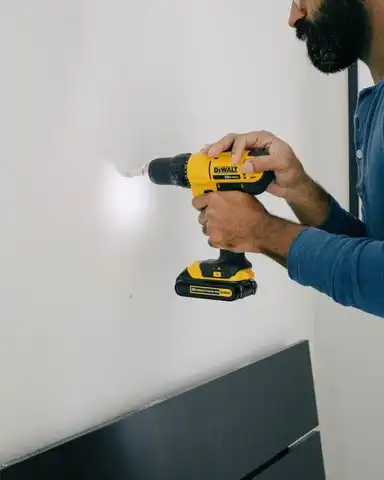
Stories and anecdotes of disastrous home renovation experiences are easy to find. It’s even sometimes pinpointed as the scapegoat for divorce! While the latter may be said in jest, property renovations can be a very stressful experience, which is why it helps to be prepared and informed before the first deposit is paid, or the wall gutted.
“Property renovations and improvements are a big deal because it’s something that a lot of thought and planning goes into, and it’s typically something that costs the property owners a fair deal of money. So of course you want it to go as smoothly as possible,” says Steven van Rooyen, Principal at Leapfrog Milnerton.
He believes that forewarned is forearmed, which includes doing your own “homework”, as well as taking an active interest in the progression of the project.
First things first
Even before appointing a builder or project manager, ensure that you are yourself familiar with the scope of work, the ideal outcome and what is possible within your budget. “Understanding it yourself makes it easier to communicate the vision to the builder or project manager,” Van Rooyen says.
In terms of appointing the best person for the job, Van Rooyen recommends asking for references and then asking the chosen contractor for examples of their work. “Simply having a conversation to gauge whether the person or company understands your vision and needs for the project can be enormously helpful in the beginning. And make sure to state your needs, expectations and budget clearly, both verbally and in writing.”
The checklist
Choosing the right person for the job can be tough. Beyond their experience and skillset, people often look for somebody that they can easily communicate with and who they feel truly understands what their specific improvement or renovation needs are. Van Rooyen recommends asking the shortlisted builders and/or project managers the following questions to get a sense of how they work and what you can expect:
-
Can you show examples of projects you’ve worked on recently? What did they entail?
-
How do you manage projects in terms of cashflow and timelines?
-
How many projects are you currently with? How will you ensure my project gets allocated the time and expertise I am paying for?
-
How do you manage labour resources and/or sub-contractors?
-
Do you give a complete breakdown of all costs and line items?
-
How do you manage safety and security onsite?
-
What happens from your side when something goes wrong?
Industry regulations
Confirm that your chosen builder or project manager is registered with a relevant authority or governing body, such as the National Home Builders Registration Council (NHBRC), or the Master Builders Association. The NHBRC’s explicit goal is, according to their website, to “protect housing consumers who have been exposed to contractors who deliver housing units of substandard design, workmanship and poor quality materials”.
This means there is some recourse in the event of things going horribly awry. “The ideal though is to address and manage issues as they arise and to avoid more serious steps as far as possible,” Van Rooyen says.
Be realistic
It’s important to manage your own expectations, particularly in relation to your budget. “This is not to say that you must accept inferior workmanship or excuse things that were requested not being done, but it does mean you need to be aware of the physical limitations of the project in relation to your budget,” Van Rooyen says.
He adds that often there is a belief among homeowners that the improvements will increase the value of their property exponentially. “While improvements generally add at least some value to the property, it is not always in direct relation to what was spent on the improvements.
He suggests approaching a trusted property advisor at the outset for information about property values in the area, getting a valuation on the property in question, and seeking advice about the type of renovations and improvements likely to be of the most value when it comes to selling.
At the end of the day, home renovations and improvements need to be approached with an open mind, clear expectations and a realistic budget.
Author: Leapfrog Property Group

